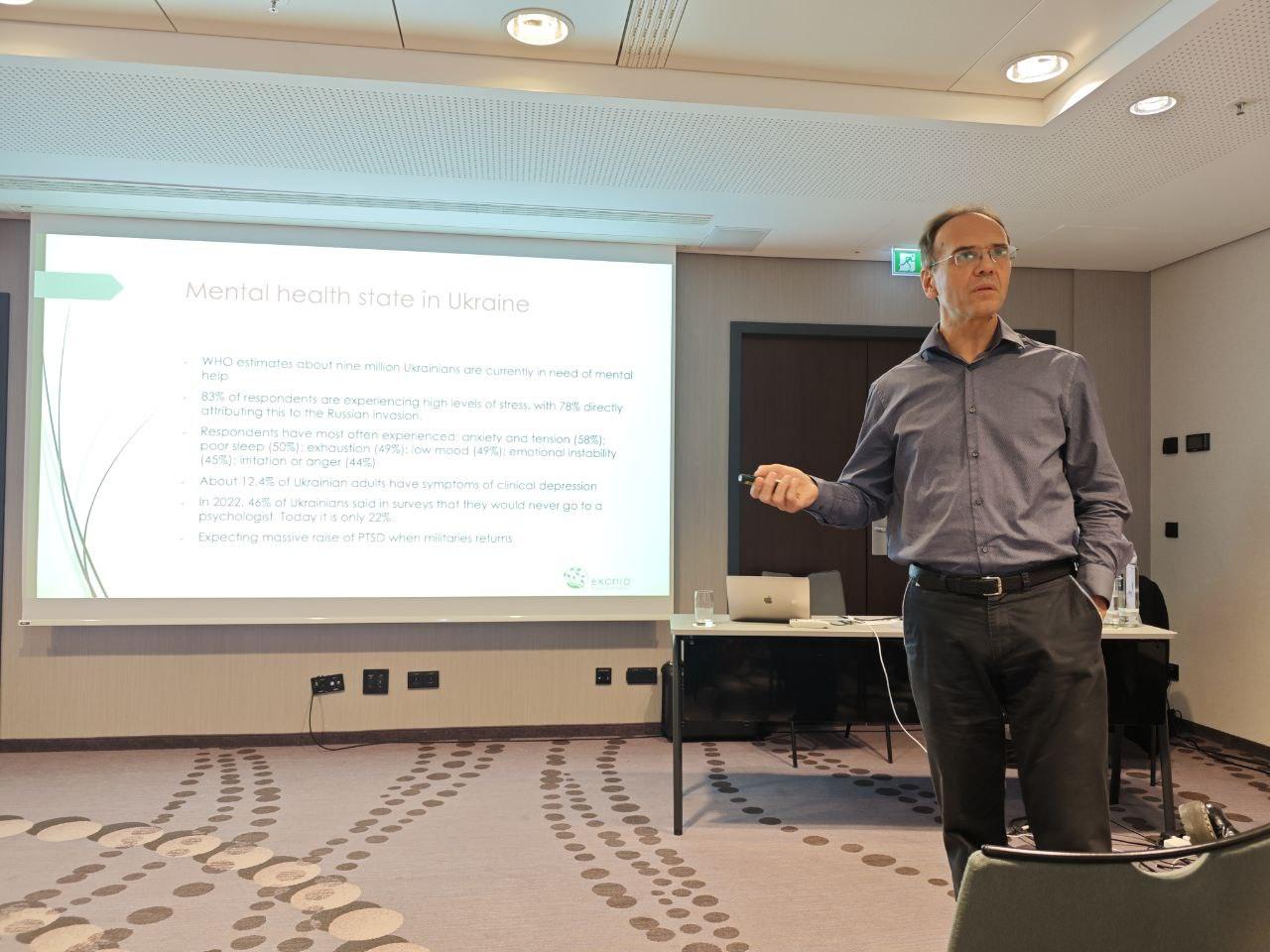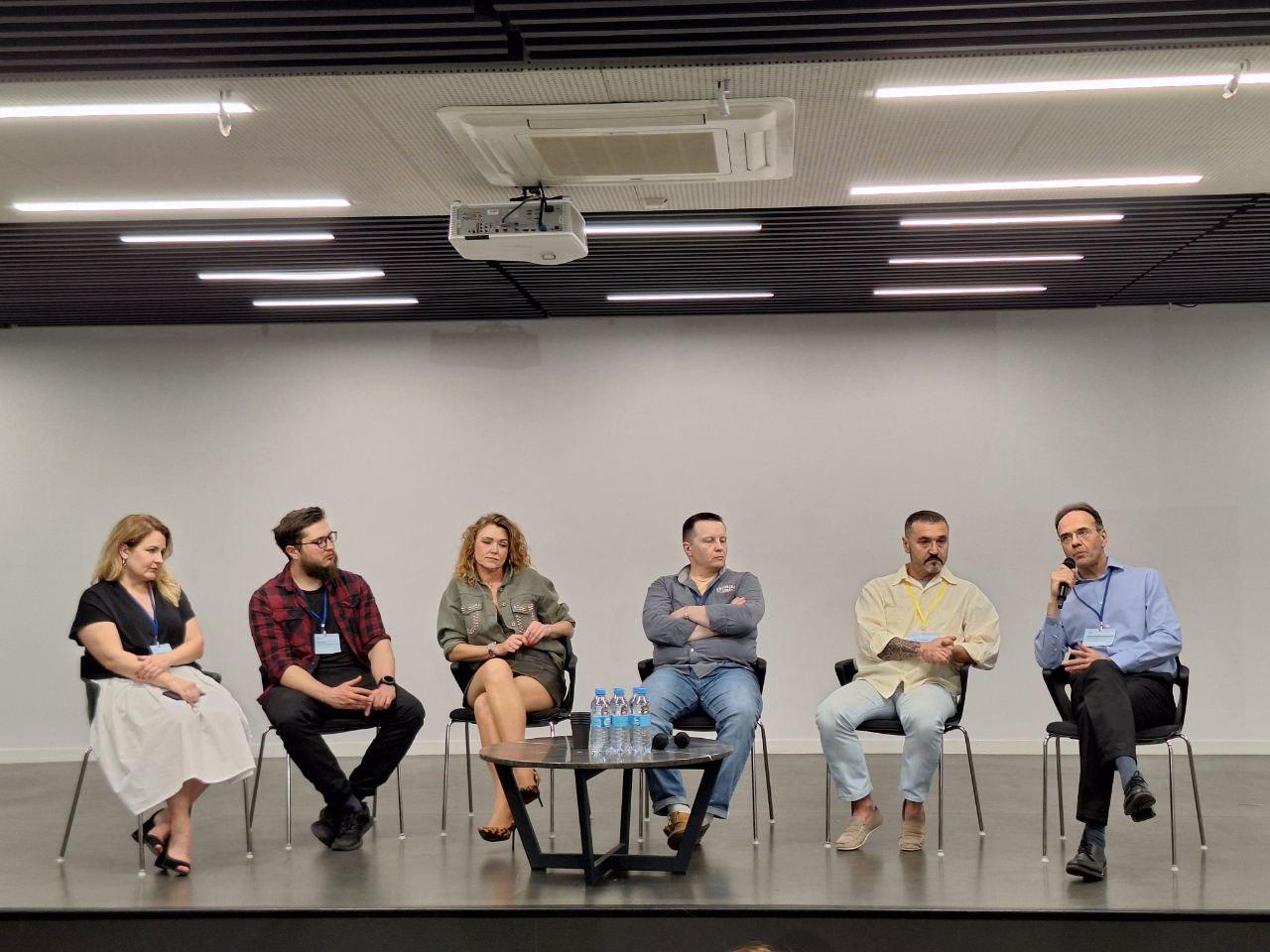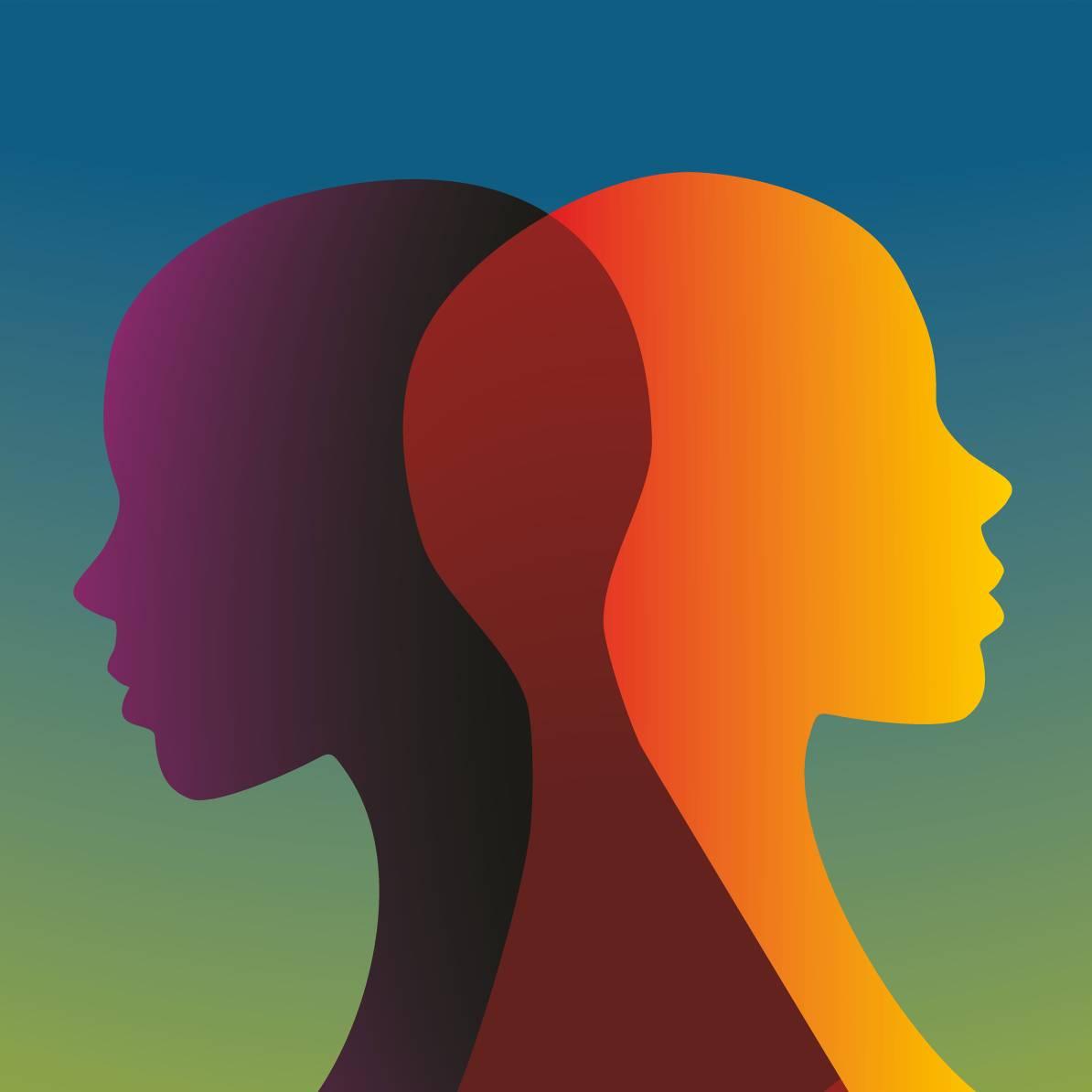


Директор центру Експіо Владислав Матреницький

Львів, готель «Модерн»,пр. Шевченка, 28


Британська газета розповіла про те,

Перше у своєму роді клінічне



Прес-реліз Міністерство у справах ветеранів

Засновником клініки Експіо Владиславом Матреницьким

За останні роки психоделічні речовини


У центрі Експіо в листопаді


У вересні цього року стартувала
Допомога у відновленні психологічної рівноваги та ресурсу.
Робота з тривожністю, фізичними симптомами та страхом втрати контролю
Сучасні методи подолання страхів, що заважають жити.
Терапія для людей із посттравматичними переживаннями.
Порушення здоров’я, яке виникає через соматизацію, тобто «втілення» негативних емоцій у тілі.
Психоонкологія — це психотерапевтична допомога пацієнтам, які хворіють на рак.

Останні роки у медицині спостерігається зростаючий інтерес до використання кетаміну...
Ми завжди відкриті до спілкування. Зв’яжіться з нами — відповімо на всі запитання та допоможемо знайти потрібне рішення.
Експіо у Києві
Експіо у Львові
Ліцензія МОЗ України: наказ №1443 від 11.08.2023. Ліцензія ДержЛікСлужби України: наказ № 1065 від 11.07.2024
(з 2018 по 2024 р. наказ ДЛС від 25.10.2018 на ФОП Матреницький В.Л.)
© Експіо 2025 Всі права захищені. / Розроблено Bereshkaweb